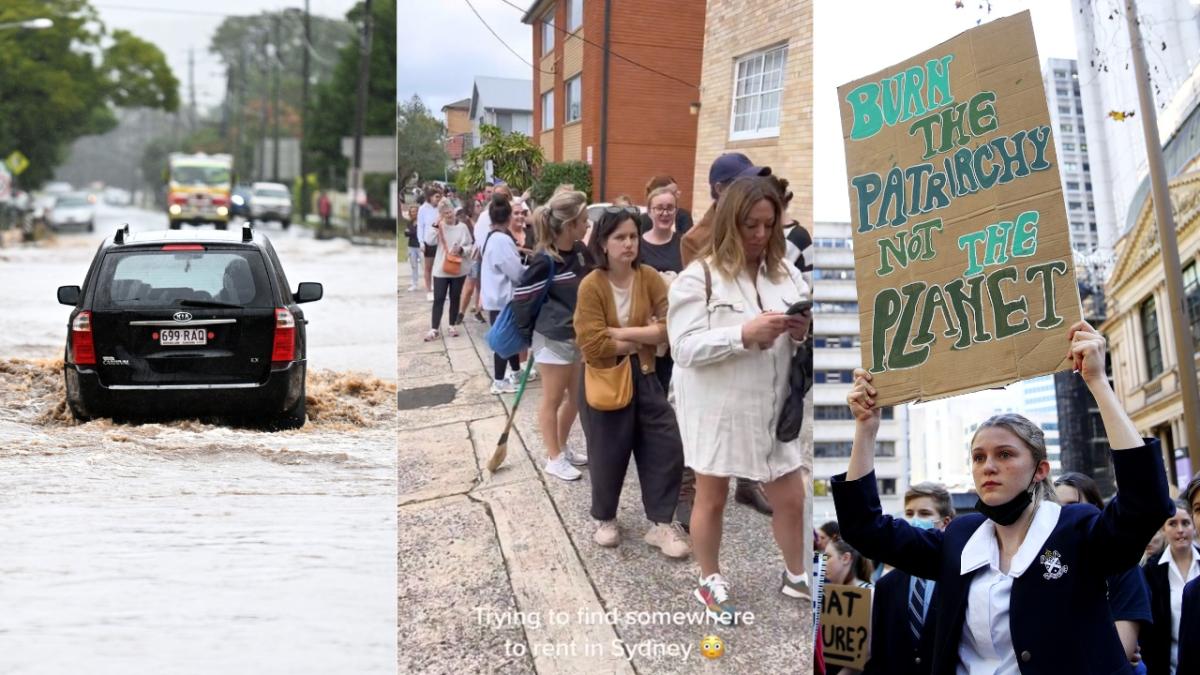
CONTENT WARNING: This story discusses mental health.
The mental health of Aussie youths has never been worse, a survey has revealed, with almost half of young people reporting they feel they are in “psychological distress”.
The shocking data comes from the Household, Income and Labour Dynamics in Australia survey. Since starting in 2001, the survey has collected data from the same 17,000 people each year and follows them over the course of their lifetimes.
The latest report, released this week, has shown that youth mental health is at its worst since tracking began, with the prevalence of psychological distress among people under 35 doubling to nearly 40%.
It also showed that the trends of worsening mental health started before the COVID pandemic first hit, with researchers pointing to loneliness, climate change fears, and stress caused by the housing crisis as significant factors.
Australian Greens youth spokesperson Stephen Bates said it was time for governments at all levels to start making some hard choices to improve mental health outcomes.
“Young people, and now people well into their careers or older, are stuck in cycles of insecure work, paying too much rent in poor conditions, without enough disposable income to do the fun and formative experiences young people deserve,” he said.
“Then, if you’re lucky enough to escape out, you’re just stuck with a mortgage you can barely pay and facing down the prospect of raising a family you can’t afford.
“Young people deserve hope for the future, but right now they’re staring down the barrel of a life that’s more expensive, more precarious and ravaged by climate change.”
The survey results came after a particularly tough few months for young Australians. Over Christmas, crisis support service Lifeline said it was experiencing its busiest period ever, and just this week charitable organisation Ending Loneliness Together called for youth loneliness to be considered an epidemic.
“The cost of living crisis is having a real impact on people’s lives,” Lifeline spokesperson Chris Siorokos told PEDESTRIAN.TV at the time.
“People are struggling with housing, homelessness and difficulty paying rent, we’re seeing a lot more homeless people coming through the door.
“Then there’s also things like this climate disaster season [in Queensland]. It’s creating a complex range of emotions that’s having a real impact on people’s lives.”
Although there’s no one answer to easing mental health stresses, experts agree that easing the cost-of-living crisis should be the Federal Government’s top priority.
- If you need mental health support, please call Lifeline on 13 11 14 or chat online.
- Under 25? You can reach Kids Helpline at 1800 55 1800 or chat online.
- If you require immediate assistance, please call 000



